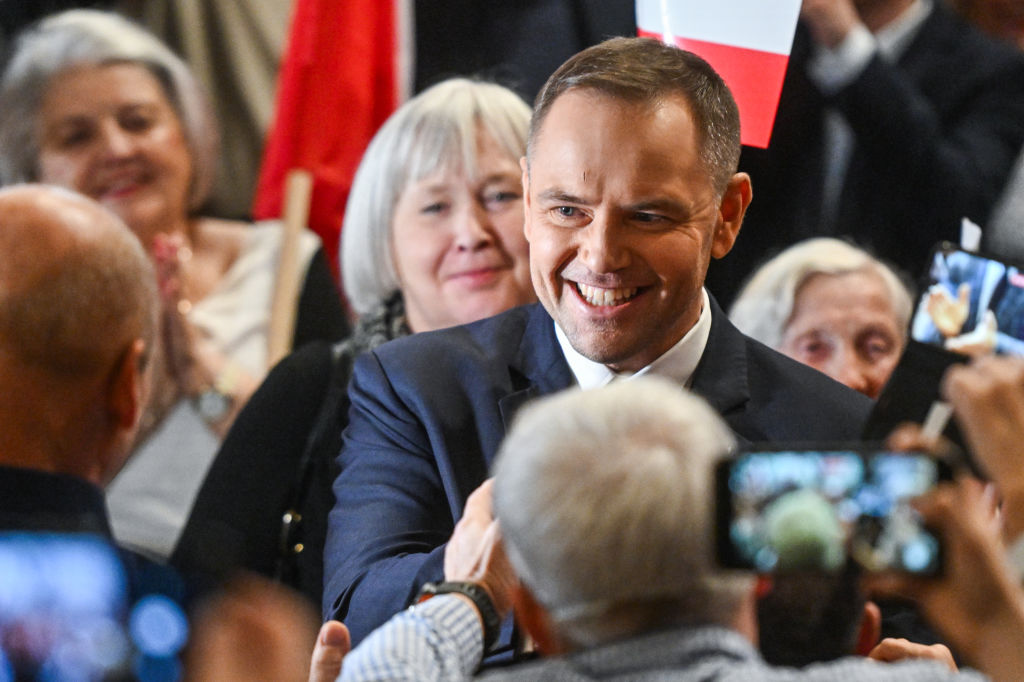The recent judgment of the Supreme Court of the United States in Mahmoud v. Taylor (June 27, 2025) has already been described as a landmark case in the field of parental rights and children’s upbringing. It deserves careful attention not only in Washington, but also in Brussels, Budapest, and Warsaw. At its heart lies a question that cuts across legal systems: who ultimately directs the moral and spiritual development of children—the family or the state?
In Mahmoud v. Taylor, the Court held that the Free Exercise Clause protects parents from being forced by public schools to expose their children—particularly at the most impressionable ages—to ideologically normative teaching on sexuality and gender identity. The Montgomery County Board of Education in Maryland had introduced LGBTQ+-themed books into elementary curricula while abolishing both parental notification and opt-out rights. Parents from Muslim, Catholic, Orthodox Christian, and Jewish backgrounds joined forces to challenge the measure.
The Supreme Court, citing Wisconsin v. Yoder (1972), ruled that mandatory exposure of children to such contested content substantially burdened parents’ ability to raise them according to their faith. It affirmed that “the practice of educating one’s children in one’s religious beliefs, like all religious acts and practices, receives a generous measure of protection from our Constitution.”
Although an American case, Mahmoud v. Taylor speaks directly to European legal debates. Article 2 of Protocol No. 1 to the European Convention on Human Rights obliges states to respect parents’ religious and philosophical convictions in education. Yet Strasbourg jurisprudence has often treated “exposure to pluralism” as an overriding state interest, even if it overrides parental convictions.
The US Supreme Court’s judgment restores the balance: Parental rights cannot be treated as private lifestyle choices subject to the policy of school boards. The state not only may—but has a constitutional duty to—protect children and families from the imposition of ideologically controversial content in public institutions.
It is precisely this underlying premise—the duty to protect children from ideological coercion—rather than the mere existence of a statutory ban, that lies at the core of Hungary’s 2021 Child Protection Act. The law prohibits the promotion of gender reassignment and homosexuality in schools and in media accessible to minors, grounding its provisions in Article XVI of the Hungarian Fundamental Law, which enshrines the child’s right to protection and the family’s primary role in education.
The European Commission, however, has challenged this legislation before the Court of Justice of the EU (case C-769/21), alleging violations of non-discrimination rules and the free movement of goods and services. The Commission frames the Act as discriminatory against LGBT persons. Hungary responds that the law’s central aim is to safeguard the best interests of the child, explicitly guaranteed under Article 24 of the Charter of Fundamental Rights of the EU, and to preserve parental primacy in education as part of Hungary’s constitutional identity (Article 4(2) TEU).
In its pleadings, Hungary has stressed that the family is the primary educator and that the State’s role is one of support, not substitution. By preventing the promotion of controversial ideological content in schools, the Act does not discriminate against adults—it protects children in accordance with their right “to such protection and care as is necessary for their well-being” (Art. 24(1) CFR). Hungary further argued that Article 14 CFR, while guaranteeing the right to education, also requires that education be conducted “in conformity with the religious and philosophical convictions of parents.”
The difference in technique—parental opt-outs in the United States versus a general statutory ban in Hungary—reflects different constitutional contexts. Yet both approaches rest on the same constitutional logic: The state has a duty to secure the child’s best interests by ensuring that education does not become an instrument of ideological coercion. The Hungarian legislator opted for a general prohibition precisely to avoid recurring conflicts and administrative arbitrariness, thereby reinforcing the principle recognised by the US Supreme Court—that children’s moral formation cannot be detached from the convictions of their families.
Poland faces parallel challenges. Article 48 of its Constitution guarantees parents the right to raise children in line with their convictions, while Article 53(3) protects religious education. The Constitutional Tribunal has consistently upheld these rights. Yet proposals to introduce compulsory “anti-discrimination” or “sexual education” curricula without parental opt-outs have provoked controversy. Here, too, Mahmoud v. Taylor provides persuasive authority. It confirms that pluralism cannot mean the forced exposure of children to contested ideologies.
What emerges from Mahmoud v. Taylor is an affirmation that protecting children from ideological coercion is not illiberalism but a constitutional duty. For Hungary, facing judgment in Luxembourg, and for Poland, engaged in domestic disputes, this case offers both doctrinal support and strategic leverage.
It also exposes the logical weakness in Justice Sotomayor’s dissent. Her claim that the ruling disrupts the constitutional balance between religious liberty and the State’s duty to maintain an inclusive, secular educational environment assumes that “neutrality” is itself neutral. In reality, secular “neutrality” often masks the imposition of a particular worldview. Mahmoud v. Taylor demonstrates that genuine neutrality requires safeguarding children and ensuring that their moral and spiritual development is not subjected to coercive state interference.
What is ultimately at stake is not left-wing state ideologisation under the false banner of neutrality, nor the superficially understood comfort of parents, but the integrity of children. Mahmoud v. Taylor reminds us that the State’s first duty is to protect the youngest from becoming the objects of ideological experiments in public institutions. Hungary and Poland, in defending the primacy of the family, are not resisting modernity—they are safeguarding children’s right to grow in accordance with their identity, free from pressure to conform to state-imposed worldviews.
Marcin Romanowski is a Doctor of Law, university lecturer, former Deputy Minister of Justice in the Law and Justice government, currently a Member of the Polish Parliament in exile in Hungary and Director of the Hungarian-Polish Institute of Freedom in Budapest





European Commission’s complicity in Poland’s constitutional breakdown